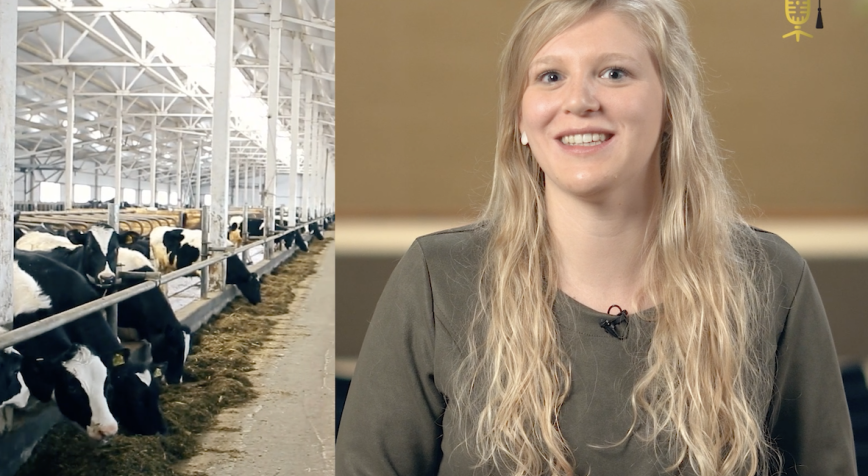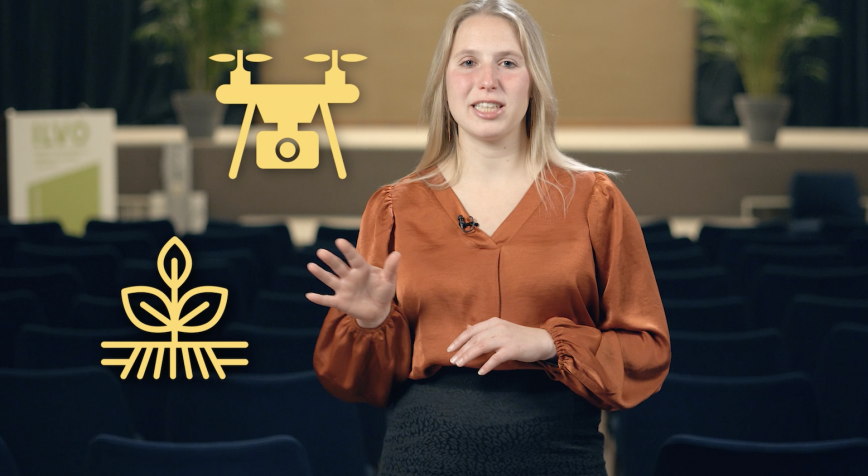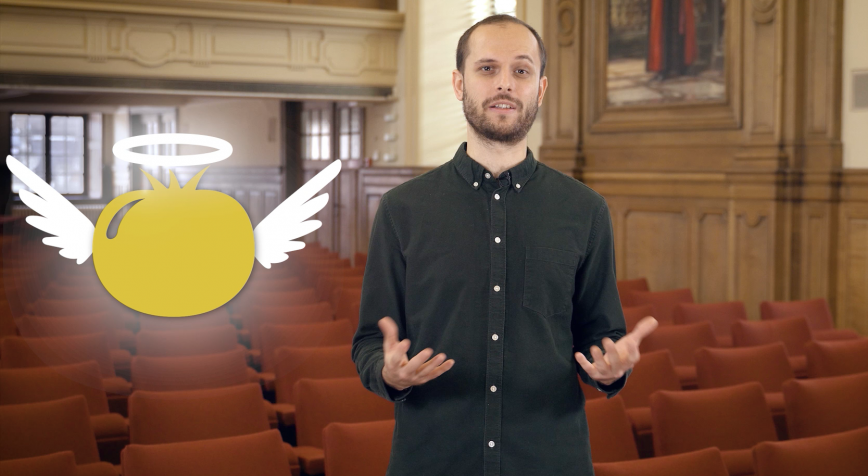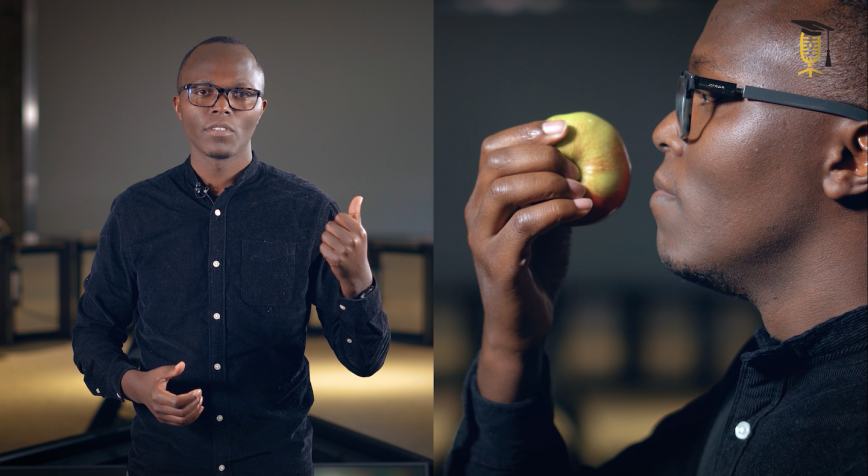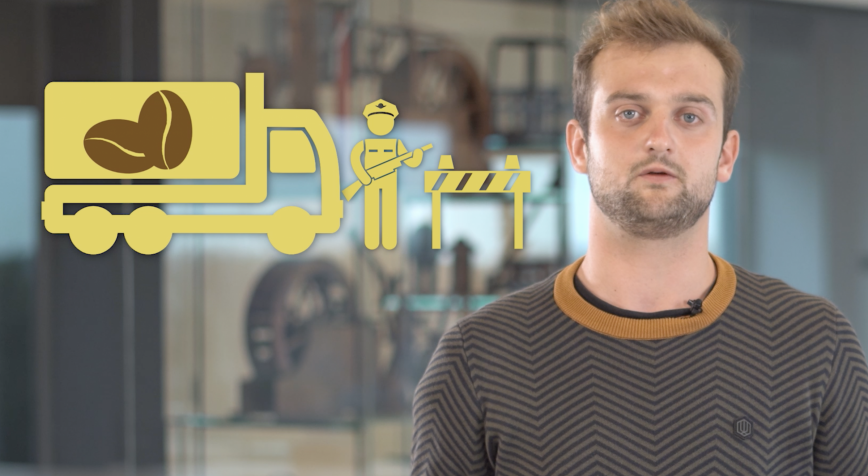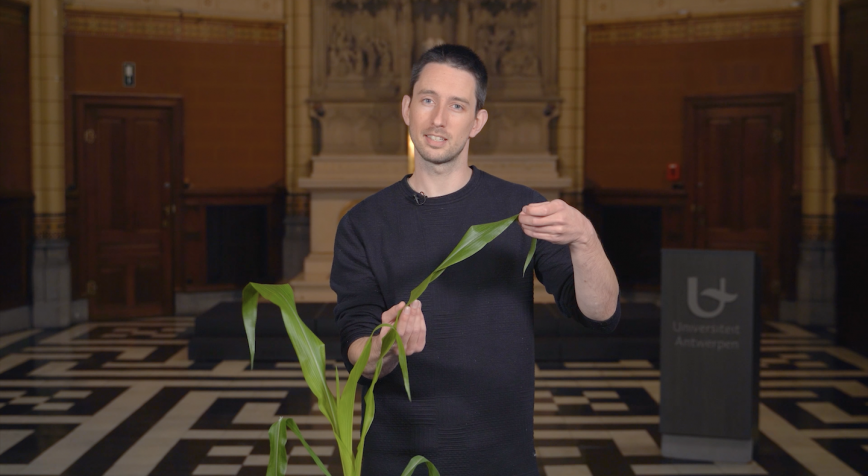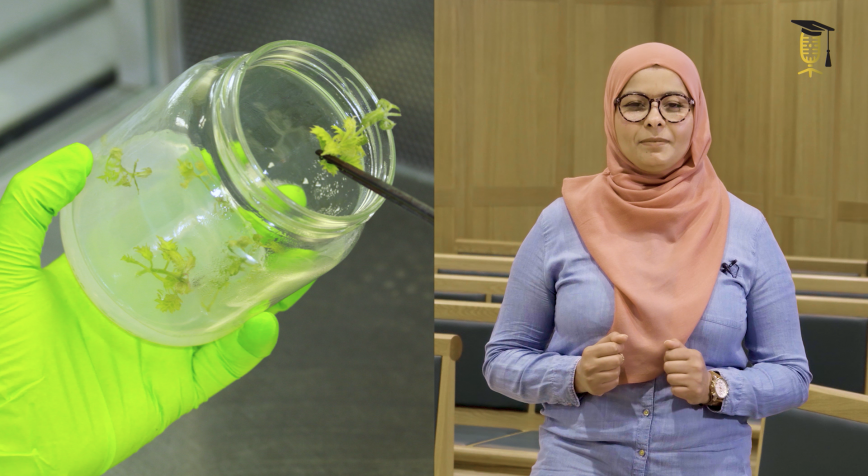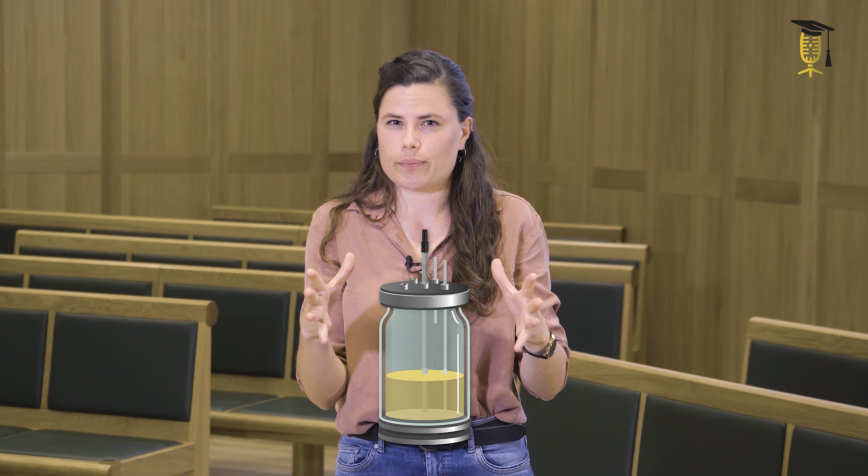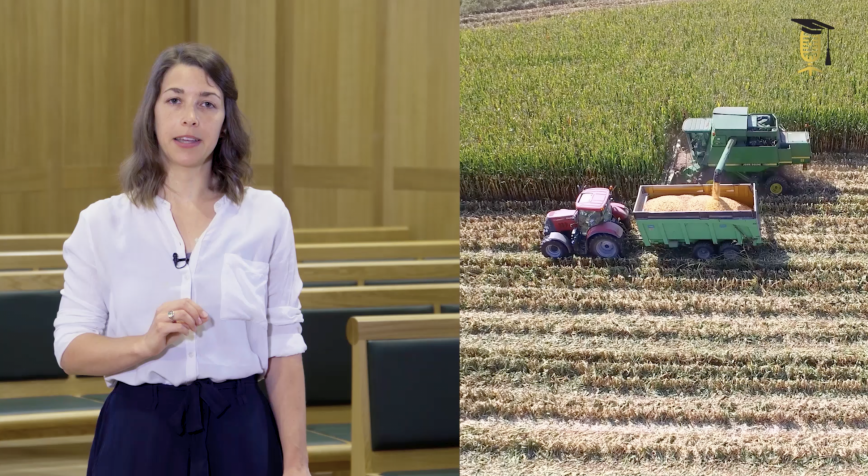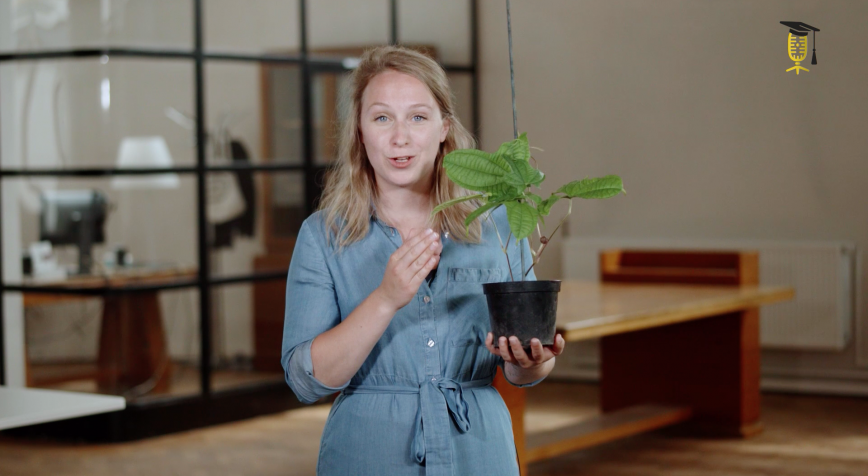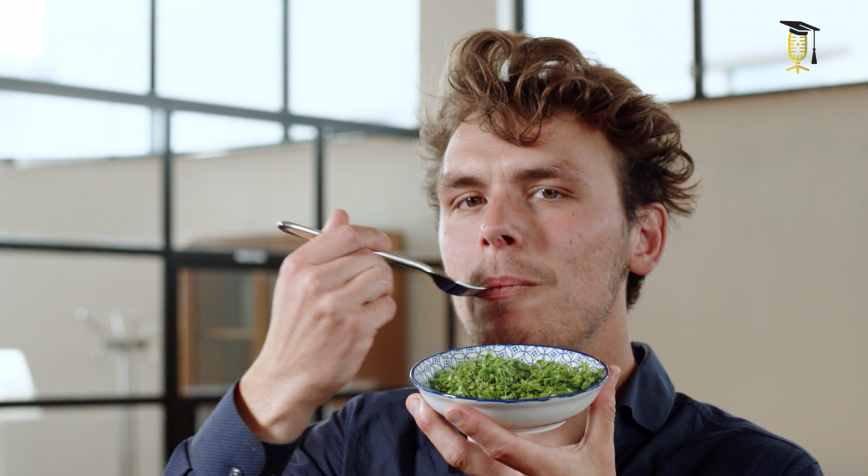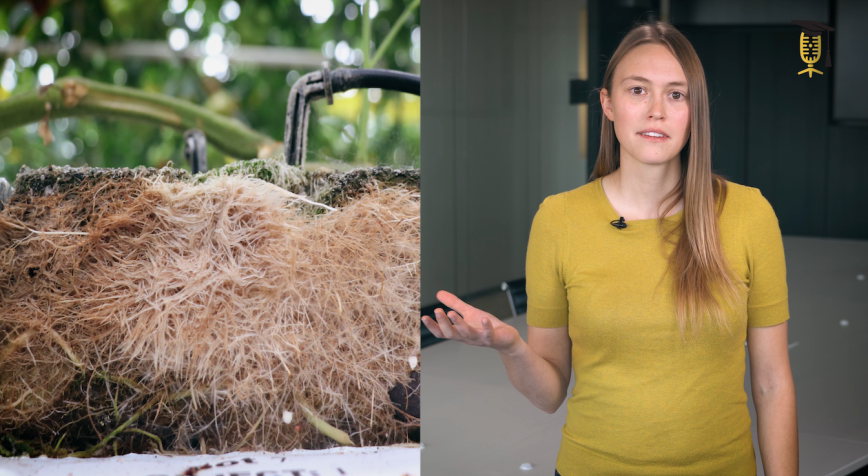
FWO
KU Leuven
VIB
Bacteria in the fight against 'crazy root disease'
Have you ever heard of the mysterious "crazy root disease"? Sounds like something you'd rather not have in your garden or greenhouse, right? 🌱 Find out more about this bizarre plant disease and how the VIB and the KU Leuven are determined to get rid of it! 💡✨
